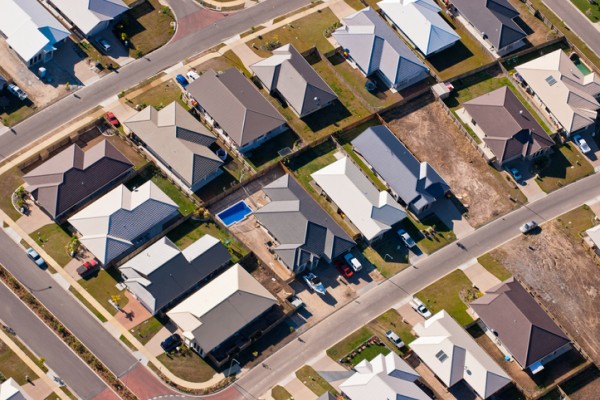EVC criticises pause on NCC updates
The Electric Vehicle Council (EVC) has criticised the federal and state governments’ decision to delay introducing EV charging provisions for new homes under the National Construction Code (NCC), saying it weakens Australia’s efforts to electrify transport and meet climate targets.
This week, building ministers agreed to pause and streamline the NCC until at least mid-2029, meaning planned updates for residential energy efficiency and EV charging readiness will not proceed.
ADVERTISEMENT
EVC chief executive Julie Delvecchio says the delay is a missed opportunity to make home charging easier and more affordable.
“Hitting the brakes on requirements that make it easier for new home owners to have smarter EV chargers undermines Australia’s efforts to electrify households and reach climate targets,” she says.
Julie noted that a simple measure such as adding a dedicated EV charging circuit would cost around $200 per new home, helping homeowners avoid costly retrofits later.
“Every home built without these provisions will be more expensive to retrofit, creating unnecessary barriers for Australian families wanting to make the switch to electric vehicles,” she says.
With around 85% of Australians expected to charge their EVs at home, Julie urges state governments to act independently to introduce the provisions.
“If we want one in every two new cars on Australian roads to be electric by 2035, we need to ensure Australians have access to affordable charging at home,” she says.
“We call on states committed to cutting transport costs for residents to adopt these low-cost, common sense measures now.”
-
ADVERTISEMENT
-
ADVERTISEMENT


